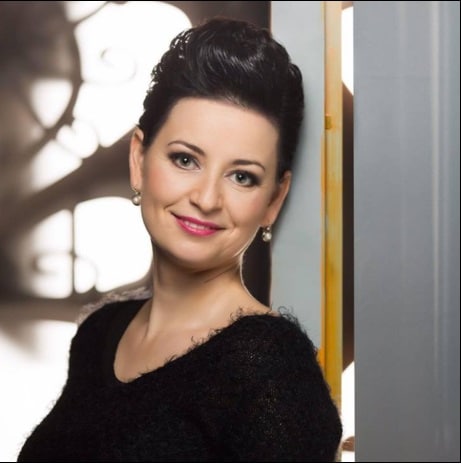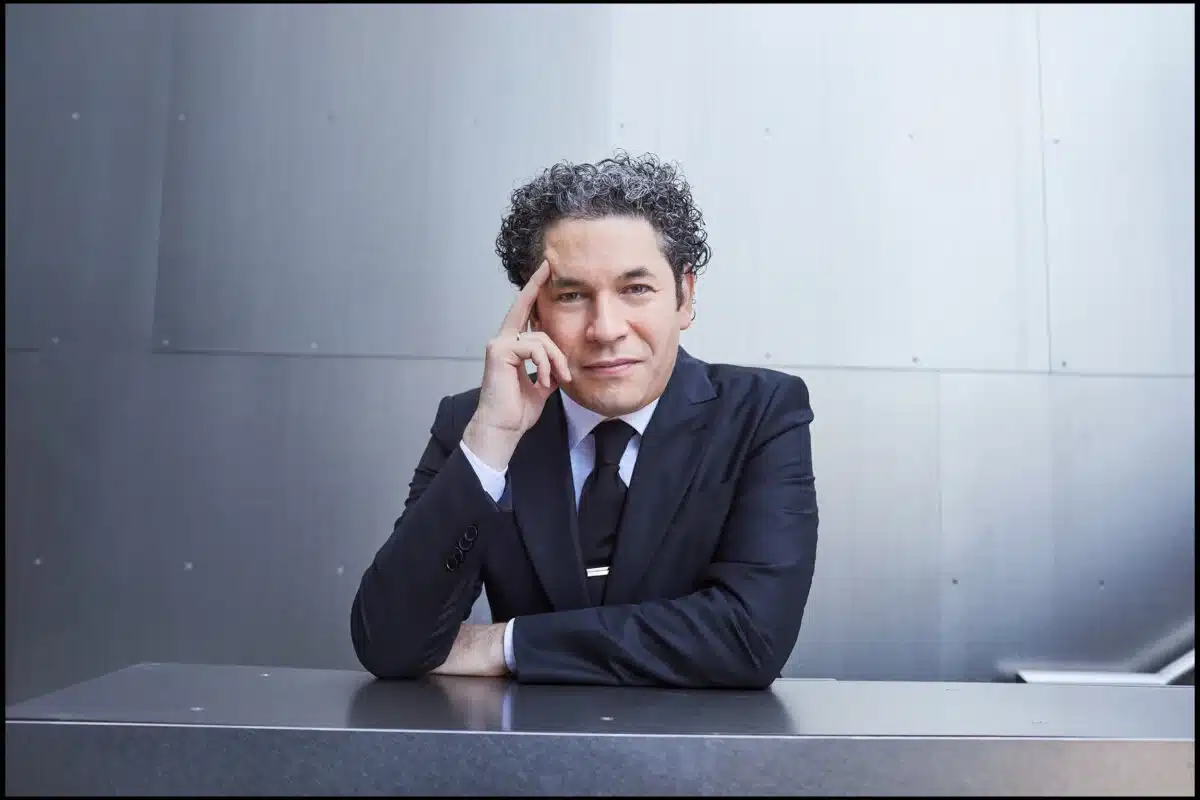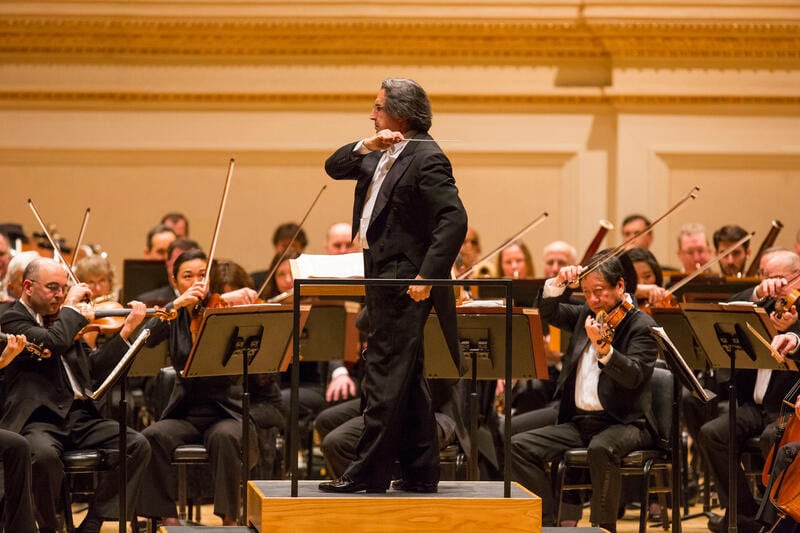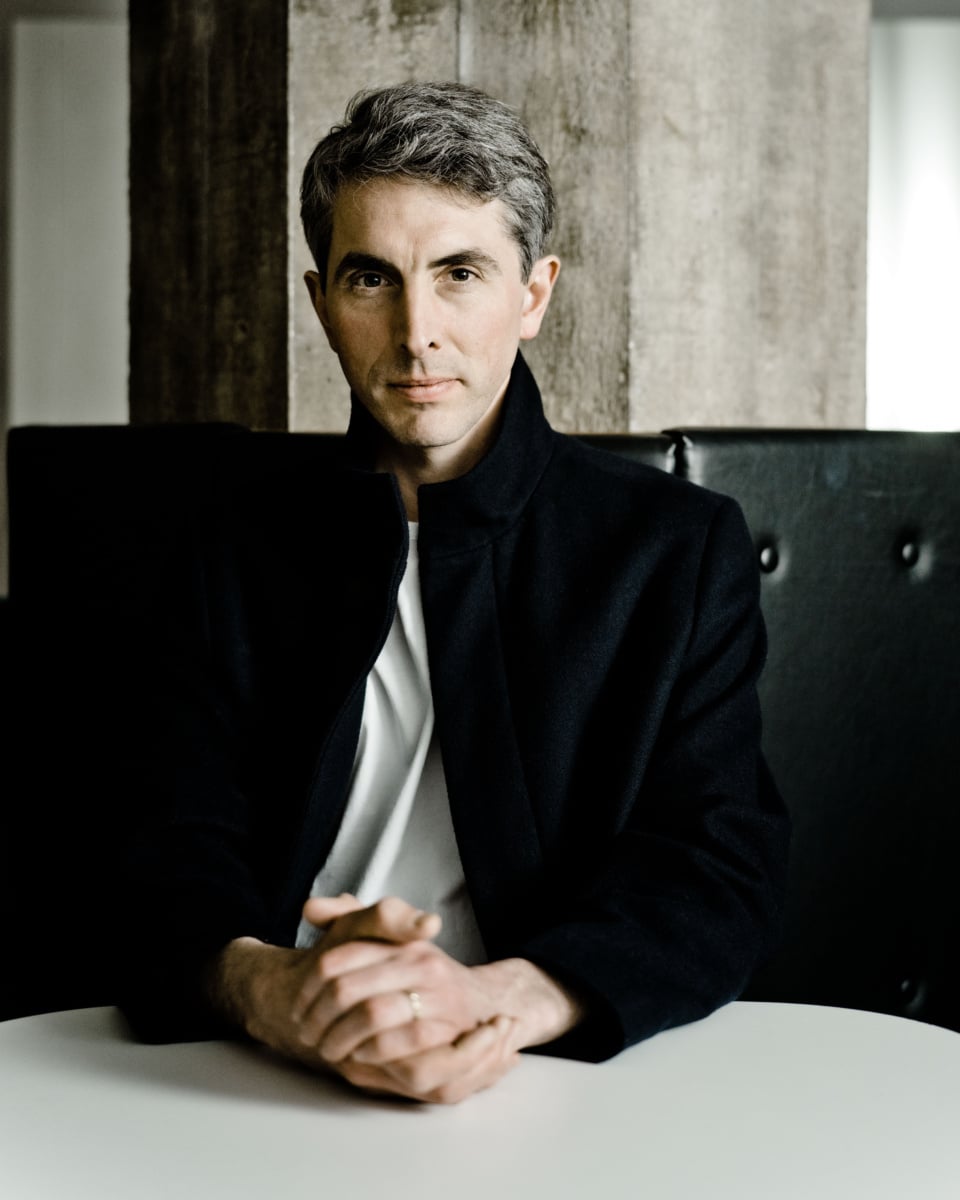Touch and go at two Vienna operas
mainSaimir Pirgu called in sick yesterday morning on La Bohème at the Vienna State Opera.
No standby was available. They flew in Stefan Pop from Italy. He landed two hours before curtain-up and made it just in time.
Over at the Teater an der Wien, Corinne Winters pulled out of the title role in Moniuszko’s Halka. A sub from Warsaw, Ewa Wesin, instantly stole the show.






So one should not be too harsh on Peter Gelb’s comments recently featured in this site.
The Vienna Staatsoper normally has 1 or 2 subs for an opera like Bohème. Give the understudies a chance!
Yeah… this is false. It’s a fest house. They don’t carry understudies for Rodolfo, with the understanding that one is normally no more than a short flight/train ride away. They might have one or two fest people that sometimes sing the role, but usually hire guests for the part. Other roles might have multiple people in the house that sing it, but, again, they would not be considered understudies (nor do we use that word in the opera world, it’s called a “cover”). Anyway, this is ridiculous on its face.
Just imagine if the same calamity falls on the ROH after Brexit. Prospective tenors will hardly get their entry visas before curtain-up.
I only hope that some prominent proponents of Brexit happen to buy their tickets for such performances.
Good singers are something that Britain does not lack.
There is a big difference between good singers and singers who can step into opera roles at a moment’s notice. There was an Irish soprano who agreed to do so for, I think, a Puccini — I forget the details of story, which was recounted to me a long time ago backstage at the COC — but when they wanted to put her through a quick rehearsal of the scenes in which she would appear, she admitted that she did not actually know the whole opera — she only knew “the noombers.”
For ENO – yes, but for ROH – no way.
In actual fact, there was a performance of ‘La Boheme’ at ROH in 1996, I think, in which I was singing Marcello, and Angela G was due to sing Mimi; however, late in the afternoon she cancelled(this was before this habit was fully developed!!)and an Australian soprano who was a guest of the Company Manager for that show was asked to step in. All went well until Act 3, when the Italian text slipped out of her head, and from then on, until expiration, there were the most colourful and inventive stream of vowels ever heard on the ROH stage. I suppose one could think of another super famous Antipodean soprano, for whom text was not necessarily a priority, but then exaggerate that by 300%. Quite memorable………………….
Pardon my ignorance – no prompters at Covent Garden?
Oh yes, a prompter for each show(unless the Director has taken the decision to do away with the box for aesthetic reasons, which is a whole new discussion)but the prompter can only suggest the upcoming phrase–and in this case, even with the best efforts in the world, after the first couple of words, garbage then ensued. Tasteful garbage, nicely phrased and well sung, but garbage nonetheless……….
This comment makes no sense. There is nothing about leaving the European Union that requires the British government to make it more difficult for highly skilled workers — including singers — to work in the UK. And the government has not indicated any intention to do this. Your Brexit-based argument is centred on the unfounded belief that the UK government will act contrary to the interests of music lovers in the UK even though not compelled to do so by any law or principle. Why would they?
I am not saying that there is no possibility that the government will be so unwise as to act against the public interest. But I do not think it is fair, or logical, to assume at this point that it will.
Foreign singers — whether from Europe, America, the Commonwealth, or elsewhere — will surely be allowed to continue singing at the ROH under the same terms as now, unless and until the government enacts a legal change to alter the status quo. But, as I say, there is no reason to believe the UK government will.
Er…the is currently no legal basis to hire EU citizens after the withdrawal date. Non-EU citizens have to apply in person for a visa, which takes at least a day-or-two (hence no late substitutions).
What will happen after the withdrawal date…who knows. But many of the politicians are making it clear they want to make it more difficult for EU citizens to enter the UK to obtain work.
People jumping in at the last minute speak to the theatrical superficiality of opera–one of the genre’s blind spots. Park and bark as someone put it recently. Or in the above cases, probably more like stumble around and bark…
And yet stars are born…
I don’t understand anybody who professes to like, let alone love, opera, using the term “bark” for singing, even if it is just a phrase. It’s an ugly, contemptuous word to use what it cost so many singers a lifetime of work.
They found a tenor with the same initials? Now that’s impressive.
Stefan Pop is a marginal downgrade from Samir Pirgu, although, honestly, it’s hard to imagine anyone who’s heard that opera performed five times thinking either of them is a major contender. Nevertheless, the show went on.
I would like to hear Moniuszko, no chance in the UK-along with much else.
Staatsoper’s droopy 1963 production of “La bohème” actually had substitutes in the two lead roles: Anita Hartig cancelled three performances as Mimí:
“Irina Lungu übernimmt anstelle der erkrankten Anita Hartig in allen drei Vorstellungen von La Bohème (19., 22. und 25. Dezember) die Partie der Mimì und gibt ihr Rollendebüt im Haus am Ring.”
If European houses could ever acknowledge that there are things called ‘covers’ like in the USA, they could avoid such emergencies.
Doesn’t take a rocket scientist…………………
Hiring covers makes little sense in Europe since there are an enormous number of opera houses, and hence singers, within an hour-or-two. This is one of the benefits of having a opera house in every reasonably sized city.
The US largely needs covers since finding a suitable singer nearby is near impossible.